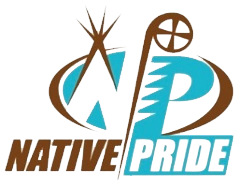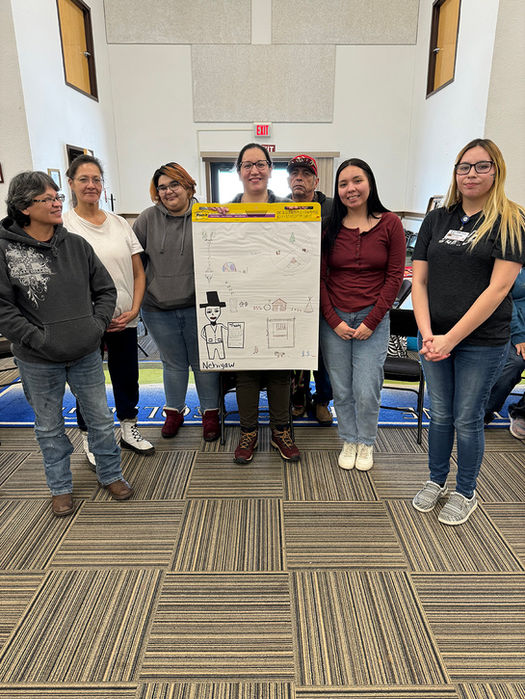
Native H.O.P.E. (Helping Our People Endure) Curriculum
Native HOPE curriculum addresses suicide prevention, violence and bullying, depression, and substance abuse. The process in the Native H.O.P.E. program intentionally creates a safe and sacred place through culture, spirituality, and humor for participants to address suicide, depression, trauma, violence, and substance abuse.

Participants share openly and honestly about the challenges in their lives and make commitments to make positive changes in their attitude and behavior, as well as, to support each other. This peer-counseling approach has proven to be highly effective for Native youth to break the “code of silence.” Breaking the code of silence means, youth making referrals and providing support for their peers who are exhibiting at-risk behavior including violence and suicide ideation. Participants are provided with communication and assertiveness skills on how to intervene appropriately as well as, knowing their limitations. This process allows Native youth to help their friends and peers get through crisis situations, and make the necessary referrals for support. This model includes training community members in facilitation and group process skills to continue ongoing “booster” prevention and leadership activities. These follow-up activities include:
1. Establishing youth councils.
2. Conduct weekly talking circles.
3. Conduct ongoing cultural activities and ceremonies.
4. Conduct peer to peer presentations.
5. Seek funding by youth councils.
Curriculum Themes
Themes in the Native HOPE curriculum are introduced by American Indian Ledger Art, poetry, and personal stories. Role plays are used to depict ongoing trauma in the lives of Native youth and present positive solutions and coping skills, as well as, providing positive peer support. Participants are placed in teams with team leaders skilled in group process and facilitation skills. A sense of belonging occurs quickly for participants due to establishing norms and expectations and in particular using a trauma-informed, culture and resilience-based approach.






















